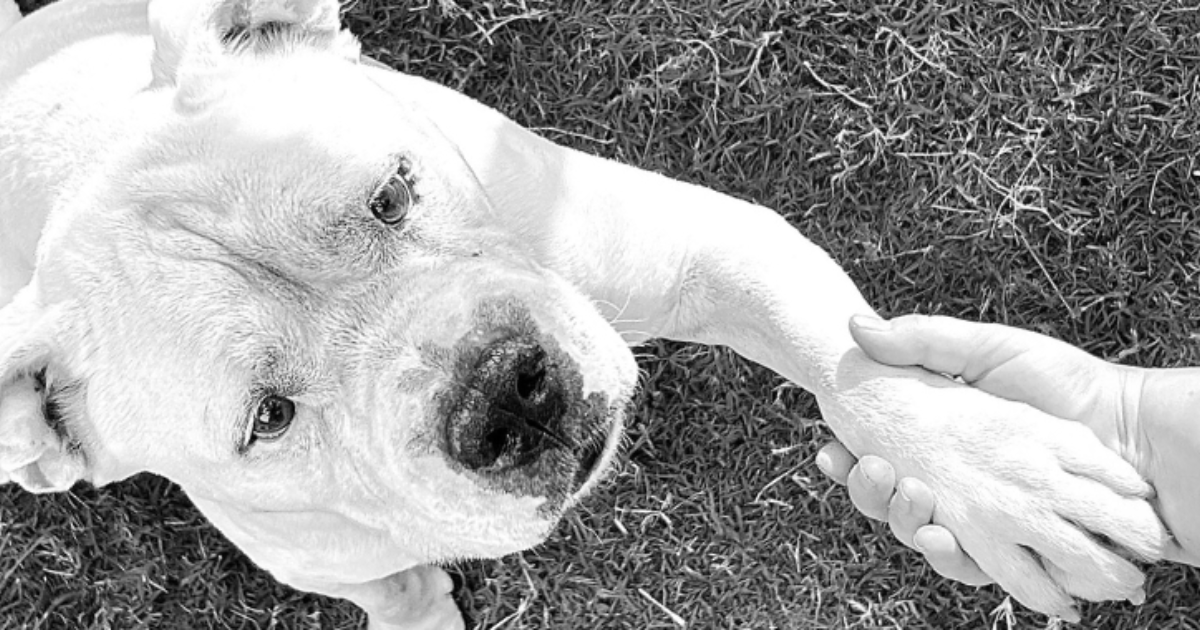
Jan 30, 2024
Austin, we can do better.
Last week, we shared a promise to help our community better understand how Austin animal welfare is evolving because it is our duty to protect what is humane and right and advocate for progress.
With that promise in mind, I am writing today to provide some recent updates about a resolution that will affect Austin animals. This resolution is on the agenda for the February 1 city council meeting. We have been on top of this since we first heard mutterings of it over the holidays and have been gratefully working hand in hand with the city manager to help mitigate any unintended consequences.
This resolution tackles four significant subjects. You can read more here. Only one was possibly harmful, if not amended, but we believe the amendment offered by the Mayor at today’s work session is spot on. Here’s a quick recap of the item, what we’re keeping a close eye on and what it can mean for dogs in Austin.
The resolution seeks to change the ordinance from the current law that allows the city to euthanize a dog without giving notice to groups like APA! first:
-
From a dog that causes severe injury requiring stitches to a dog that causes punctures as deep as half the canine tooth of a dog.
-
From requiring that the dog bite be unprovoked to include all bites, provoked and unprovoked.
We want to be clear that we are not categorically opposed to these changes. We strongly believe that our community deserves safety, and we know that not all dogs are safe for people and other animals to be around. We work hard to ensure safety through our own programming. And sometimes, we will humanely euthanize a dog that we cannot make safe.
This is a challenging subject for any city to tackle. We know that the City Council Members are in a tough position because they want to show effort toward helping the people who have been bitten by dogs in our community.
However, we want to ensure that the data being used to determine whether or not a dog is safe is accurate. Three factors give us strong reason to believe that there is work needed to be done to ensure the city will be operating with correct information.
-
Looking at last year’s data adds uncertainty. If this code had been enacted last year, the data we received identifying dogs who came to us as part of the No Kill partnership and would have been euthanized without our ability to take them, contained dogs that did not meet the Level 4 criteria. There was only ONE bite documented as deep as half of a canine tooth, and one dog didn’t have any bites on record at all.
-
The data they are using to justify the need for this ordinance change may not be factually accurate. About 18 months ago, the city of Austin removed the category designated explicitly for lower-level bites, which means many dogs with any type of behavior rating are being included in the moderate or severe ratings, even if they do not have bite histories at level 4 and above on the Dunbar scale. We want to verify that total bites went up, not just a push of one category to the others.
-
The City of Austin’s Animal Services underwent an Audit that lasted well over a year. The auditors stated, “We found it (the AAC) often has conflicting or inaccurate information, or no information at all.” This has not been rectified yet.
We are thankful that our concerns outlined above have been
heard and that an amendment for the six-month extension has been made.
And we hope it passes on Thursday. If it were up to us, here is what we
would recommend happen over those six months to really understand any
increase and mitigate it:
-
Get into the community:
Create a targeted plan for the areas where dogs that bite live and do an
education plan on neutering, appropriate puppy socialization and bite
awareness. At the same time, offer fencing assistance for owners of dogs
that repeatedly get loose and prioritize dog intake into the shelter
from these areas. This would provide resources to areas in Austin that
are in need, create safer dogs and limit reactive punitive measures. -
Verification of data
presented by city staff at Council Work Session. It is essential that
any data presented, especially year to year, is truly apples to apples.
Bottomline: We support the concept of
using a scientific approach to removing dogs that are truly dangerous
from our community. We just want the city to use accurate and carefully
examined data when making life-and-death decisions.
We have watched our city animal services struggle to care
for our community, care for sheltered animals and keep No Kill over the
last three years. We are not looking to blame. We just want forward
momentum. If this had gone into effect without the six-month pilot phase
that the mayor asked for, we believe that our city would have taken
another step backward.
The foundation of No Kill is built on transparency,
accountability and treating every animal as an individual, and we should
strive to maintain that.
Right now, we don’t need emails or speaking at the council meeting but please fill out this survey. We plan to share the data with council offices so they can see better what our community needs.
Thank you,
Dr. Ellen Jefferson
Source: Austin Pets Alive












